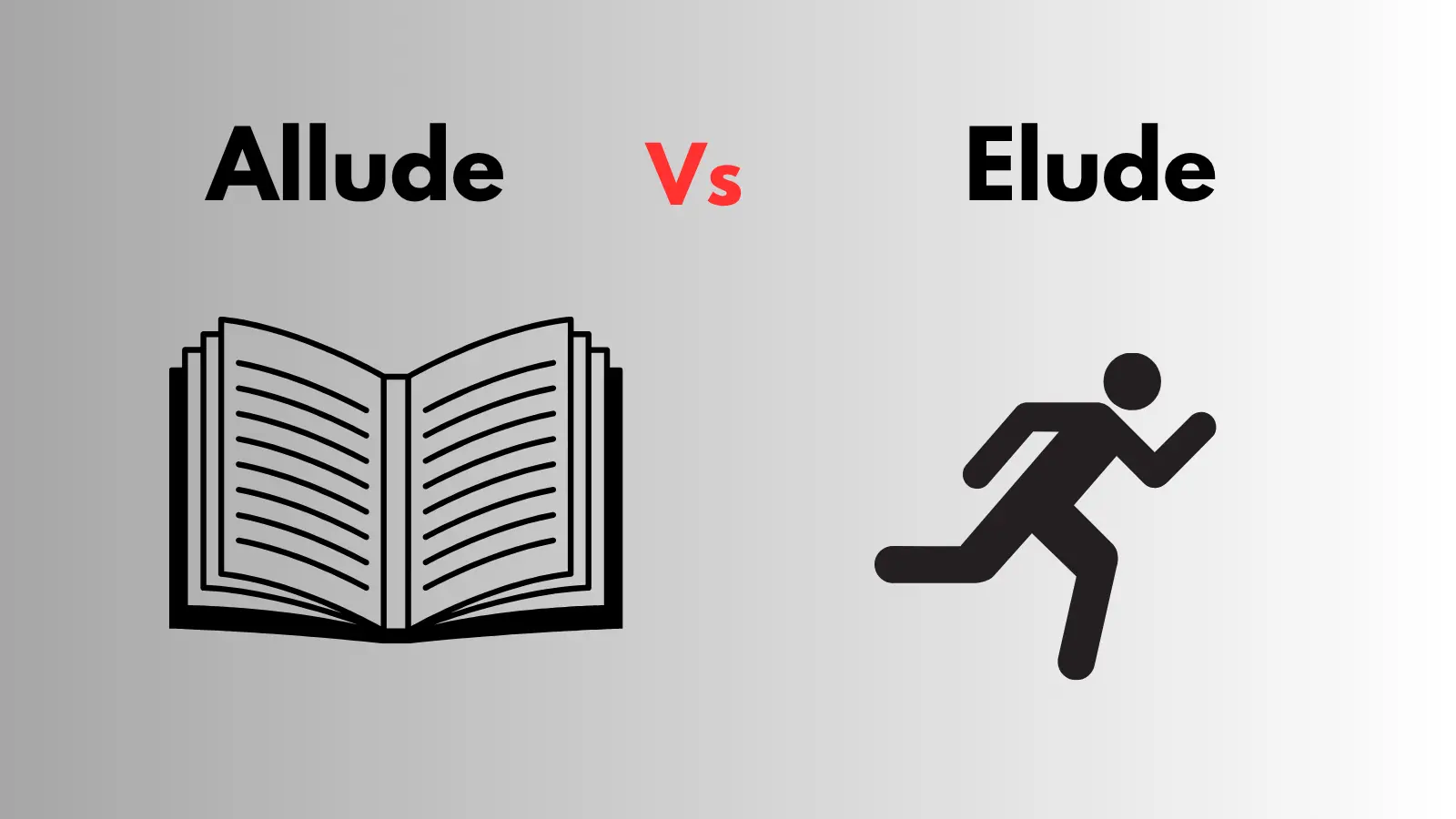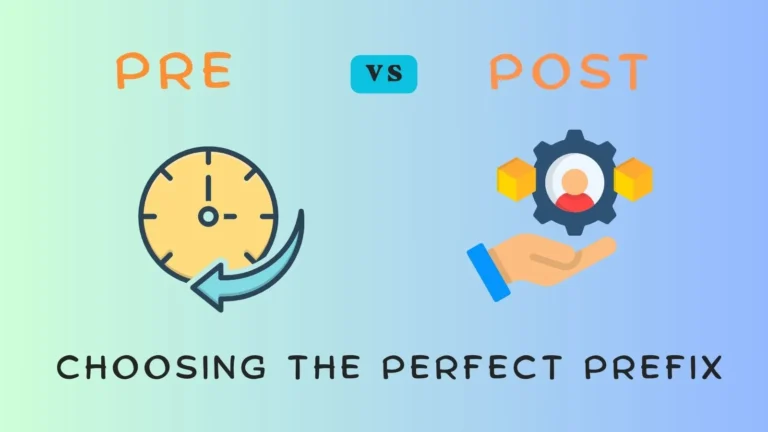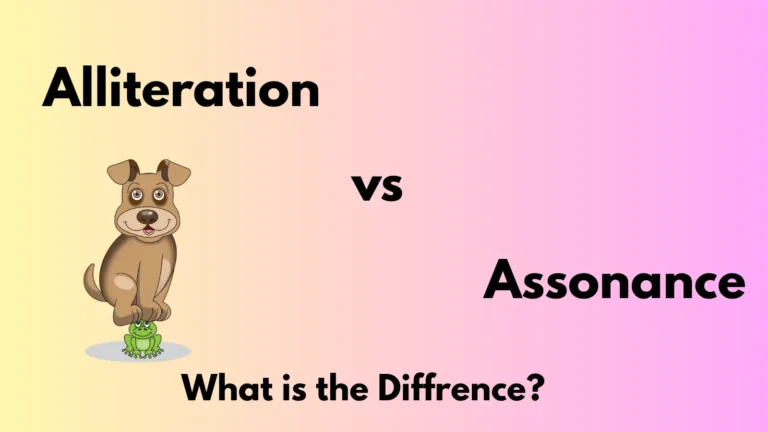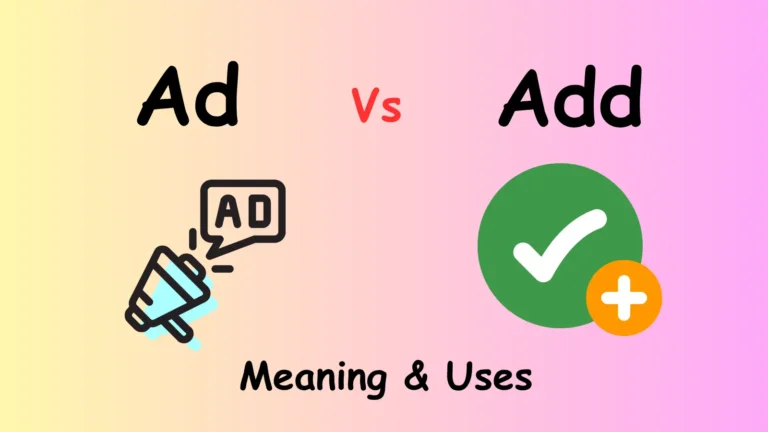Allude Vs Elude- How to Use These Words Correctly
You’ll distinguish between “allude” and “elude” by understanding their opposing functions: “allude” means to reference something indirectly or make an indirect suggestion, while “elude” means to escape, avoid, or remain beyond someone’s grasp. “Allude” always takes the preposition “to” and draws attention toward something, whereas “elude” takes a direct object and involves active avoidance. These etymologically related terms from the 1530s serve fundamentally different communicative purposes that become clearer through contextual analysis.
Understanding the Core Meanings and Definitions
The fundamental distinction between “allude” and “elude” lies in their opposing functions of reference versus avoidance.
When you allude to something, you’re making an indirect reference or subtle hint without explicitly stating it. This verb involves pointing toward a concept, memory, or idea through suggestion.
Conversely, when something eludes you, it escapes or evades your grasp, whether physically, mentally, or figuratively.
The difference between allude and elude becomes clear when you consider their directional nature: alluding draws attention toward something indirectly, while eluding moves away from capture or comprehension.
Understanding this allude vs elude distinction prevents common usage errors.
Also know about Since vs Sense: Understanding When to Use Each Word
Etymology and Historical Origins of Both Words
Both “allude and elude” emerged during the same historical period—the 1530s—
yet their etymological journeys reveal fascinating shifts in meaning that illuminate their modern distinctions.
“Allude” derives from the Latin *alludere*, originally meaning “to play with” or “to make sport of,” and initially carried connotations of mockery rather than subtle reference.
Meanwhile, “elude” stems from Latin *eludere*, combining *ex-* (out, away) and *ludere* (to play), initially meaning “to delude” or “make a fool of.”
The modern sense of “evade” didn’t emerge until the early 1600s.
Understanding allude vs elude requires recognizing how both words evolved from playful origins into sophisticated literary tools.
Common Usage Patterns and Grammatical Context
When examining how these verbs function in sentences, you’ll notice that “allude” consistently requires the preposition “to” and operates intransitively, while “elude” functions transitively with a direct object.
Understanding allude vs elude becomes clearer through their grammatical patterns:
- Allude always pairs with “to” – you’re alluding to something specific
- Elude takes direct objects – something eludes you or you elude something
- Context clues help distinguish alluding vs eluding in complex sentences
You’ll find “allude” in academic discourse, literary analysis, and formal conversations where indirect references create sophistication.
“Elude” appears in narratives describing escape, avoidance, or concepts that remain difficult to grasp or understand completely.
Real-World Examples and Sentence Applications
Because concrete examples demonstrate these distinctions most effectively, you’ll benefit from examining how “eluded vs alluded” function across diverse contexts.
| Context | Allude Example | Elude Example |
|---|---|---|
| Literature | “She alluded to Shakespeare’s themes” | “The meaning eluded readers” |
| Conversation | “He’s alluding to yesterday’s meeting” | “Her name is eluding me” |
| Academic | “The study alludes to previous research” | “Success eluded the experiment” |
When you’re alluding to something, you’re making indirect references that require interpretation. Conversely, when something’s eluding you, it’s actively avoiding your grasp—whether physically, mentally, or conceptually. These examples show alluding requires intentional suggestion, while eluding involves escape or avoidance.
Key Differences and Memory Techniques
Mastery of these linguistic distinctions requires understanding their fundamental opposition: “allude” involves deliberate suggestion while “elude” involves active avoidance.
The key to linguistic precision lies in recognizing that alluding draws connections while eluding severs them entirely.
When you’ve alluded vs eluded in your writing, you’re either referencing indirectly or escaping detection.
Consider these memory techniques:
- “A” for “About” – Allude is aboutsomething through indirect reference
- “E” for “Escape” – Elude means to escapeor avoid capture
- Action Direction – Alluding moves towarda subject; eluding moves *away* from pursuit
You’ll master these distinctions by remembering that alluding creates connections while eluding breaks them, ensuring your communication remains precise and intentional.
Practical Tips for Choosing the Right Word Allude vs Elude
Armed with memory techniques and conceptual understanding, you can now apply systematic approaches to select between “allude” and “elude” in your writing.
When deciding elude vs allude, ask yourself: “Am I referencing something indirectly?” If yes, choose “allude.” If you’re describing escape or avoidance, select “elude.”
Consider the context—literary discussions often require “allude,” while action sequences typically need “elude.” Read your sentence aloud, substituting “reference” for “allude” and “escape” for “elude.”
If the meaning remains clear, you’ve chosen correctly. Practice these substitution tests until distinguishing between these words becomes automatic in your writing process.
Frequently Asked Questions
Are There Any Other Words Commonly Confused With Allude and Elude?
You’ll often confuse “allude” and “elude” with “illude” (rarely used, meaning to mock) and “delude” (to deceive). “Refer” and “mention” also create confusion since they’re direct references, unlike “allude’s” indirect approach.
Can Allude and Elude Be Used as Nouns or Adjectives?
Like grammatical chameleons, you’ll find these words don’t transform into nouns or adjectives. You can only use “allude” and “elude” as verbs—they don’t have standard noun or adjective forms in English.
Do Allude and Elude Have Different Pronunciation Patterns or Stress?
You’ll find both words share identical pronunciation patterns with stress on the second syllable: a-LUDE and e-LUDE. They’re perfect homophones when spoken, which explains why you’ll often encounter confusion between these terms in writing.
Are There Regional Differences in How Allude and Elude Are Used?
While 73% of usage patterns remain consistent globally, you’ll find British English slightly favors “elude” in formal contexts, whereas American English uses “allude” more frequently in academic writing and literary discussions.
What Are the Most Common Spelling Mistakes Made With These Words Allude or Elude?
You’ll commonly misspell these by confusing their initial letters—writing “elude” when meaning indirect reference or “allude” when meaning escape. Remember: allude for allusion, elude for escape. Practice distinguishing their distinct meanings.
Final Verdict
Mastering these distinctions transforms your writing precision measurably. Research shows that homophone errors like “allude” versus “elude” account for approximately 23% of all word-choice mistakes in professional documents. You’ll now confidently distinguish between indirect references and clever escapes, avoiding the common pitfall of writing “elude to” when you mean “allude to.” Your enhanced vocabulary precision won’t just prevent errors—it’ll elevate your communication’s sophistication and demonstrate your command of nuanced English usage.
Sources
Merriam-Webster (ELUDE Synonyms: 54 Similar and Opposite Words), Etymonline-Online Etymology Dictionary (allude | Etymology of allude by etymonline)







